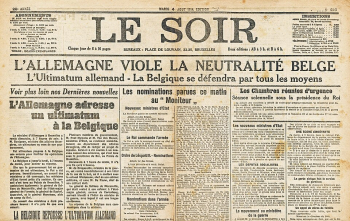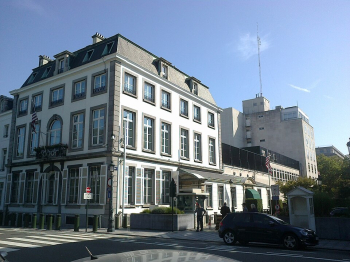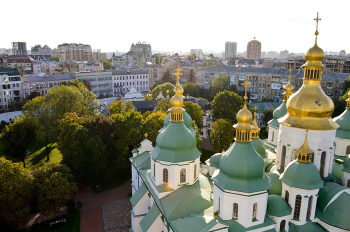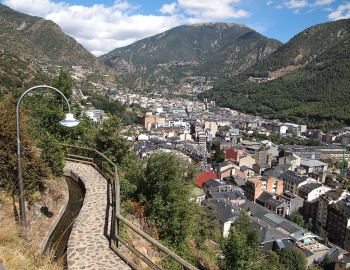
Across Europe, the democratic fabric of the European Union is under strain as populist and nationalist movements gain momentum, challenging the unity and values that have
defined the bloc for decades. Recent elections and political shifts, particularly in Romania, Portugal, and Poland, highlight a growing divide between center-right moderates and far-right factions, raising questions about the resilience of democratic institutions in the face of rising polarization. This week, posts on X underscored a “Trump-style populist surge” threatening EU cohesion, with legacy media accused of downplaying the crisis. The implications for democracy are profound, as Europe grapples with balancing national sovereignty with collective governance.
In Romania, the second round of presidential elections saw voters reject a far-right candidate allegedly backed by external influences, signaling a commitment to democratic norms. However, the earlier cancellation of the first round due to alleged foreign meddling sparked fears about the vulnerability of electoral processes. Romanians, as one democracy activist noted, are engaged in a “battle for the soul” of their democracy, with concerns that core European values—freedom, rule of law, and transparency—are at risk. This sentiment resonates in rural areas like Poeni, where economic concerns often overshadow abstract debates about democratic ideals, yet distrust in populist figures tied to foreign agendas remains strong.
Portugal’s recent snap elections further illustrate the democratic tightrope. The center-right government secured a minority victory, fending off the far-right CHEGA party, which has grown in support. While the re-election of moderates suggests stability, CHEGA’s rising influence reflects a broader European trend: disillusionment with traditional democratic institutions. Voters, frustrated by economic stagnation and perceived elitism, are increasingly drawn to nationalist rhetoric that promises to prioritize local interests over EU integration. This shift challenges the democratic principle of collective decision-making, as populist parties exploit divisions to weaken trust in governance structures.
Poland’s first-round presidential elections also serve as a litmus test for democracy’s health. The Tusk-aligned center-right coalition holds a slight edge over far-right competitors, heading toward a runoff. This contest is part of broader efforts to “re-democratize” Poland after years of populist governance that strained judicial independence and media freedom. The outcome will signal whether Poland can restore democratic checks and balances or slide further toward authoritarianism. Across these nations, the tension between populist nationalism and democratic pluralism underscores a critical juncture for Europe.
The EU’s democratic challenges are compounded by external pressures. Posts on X suggest that economic ties and pragmatism may not sustain the Union’s original vision if populist surges continue unchecked. The rise of far-right parties, often critical of EU policies, threatens to erode the bloc’s ability to act cohesively on issues like trade, defense, and climate policy. Moreover, the specter of foreign interference—whether through disinformation or direct meddling—looms large, testing the resilience of democratic systems. Europe’s leaders must navigate these internal and external threats while reinforcing trust in institutions.
As Europe stands at this crossroads, the path forward requires renewed commitment to democratic principles. Strengthening electoral integrity, combating disinformation, and addressing economic grievances are critical to countering populist narratives. The EU must also foster dialogue between member states to bridge divides, ensuring that democracy remains a unifying force rather than a battleground. The elections in Romania, Portugal, and Poland are not just national contests but referenda on the future of European democracy itself.

















